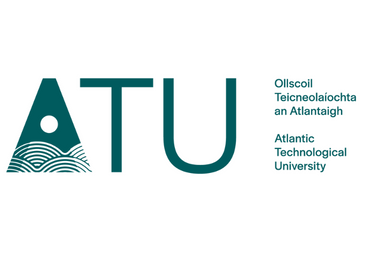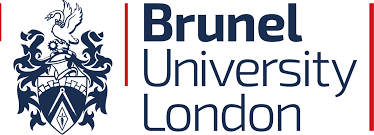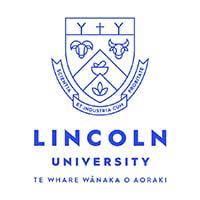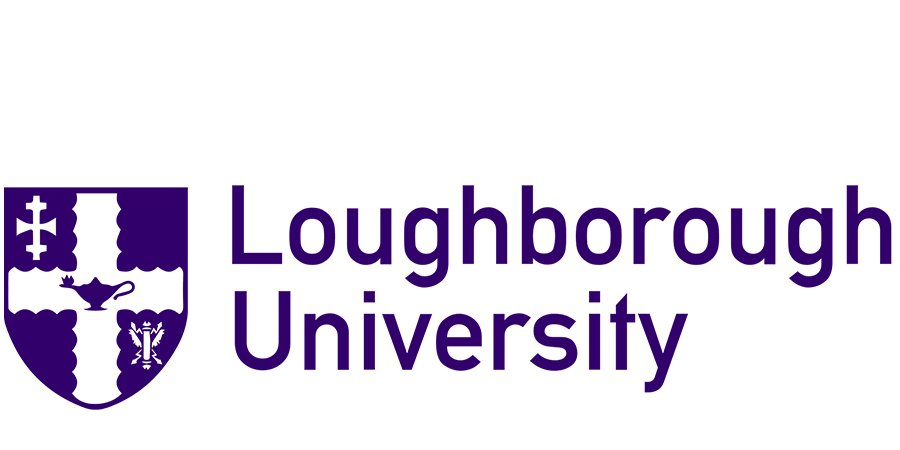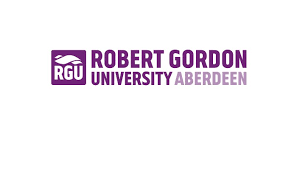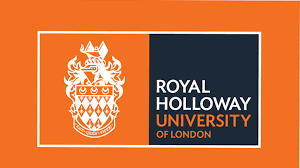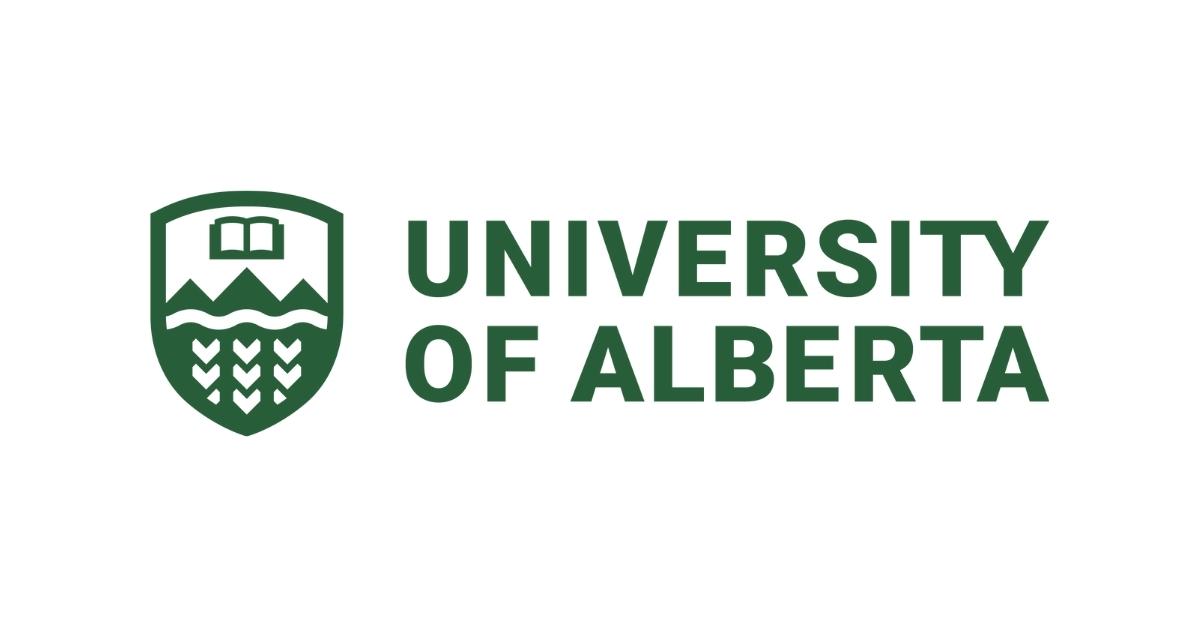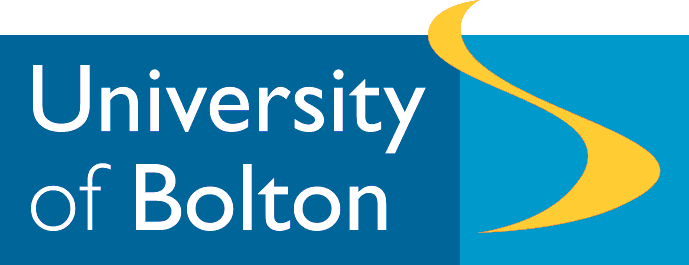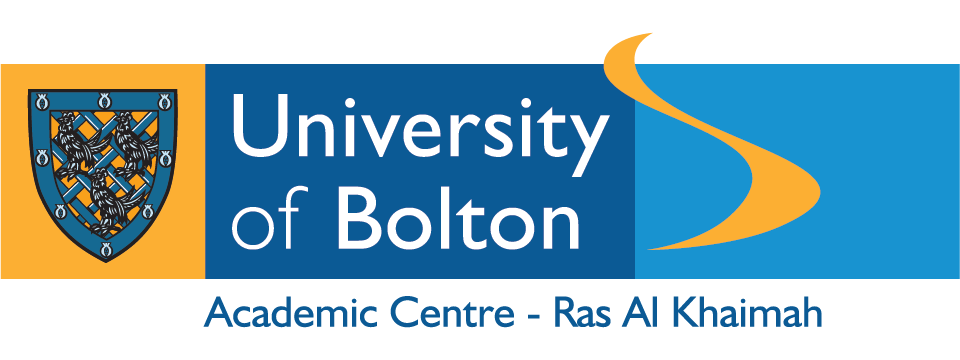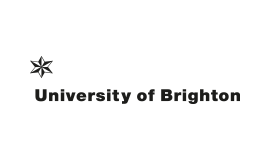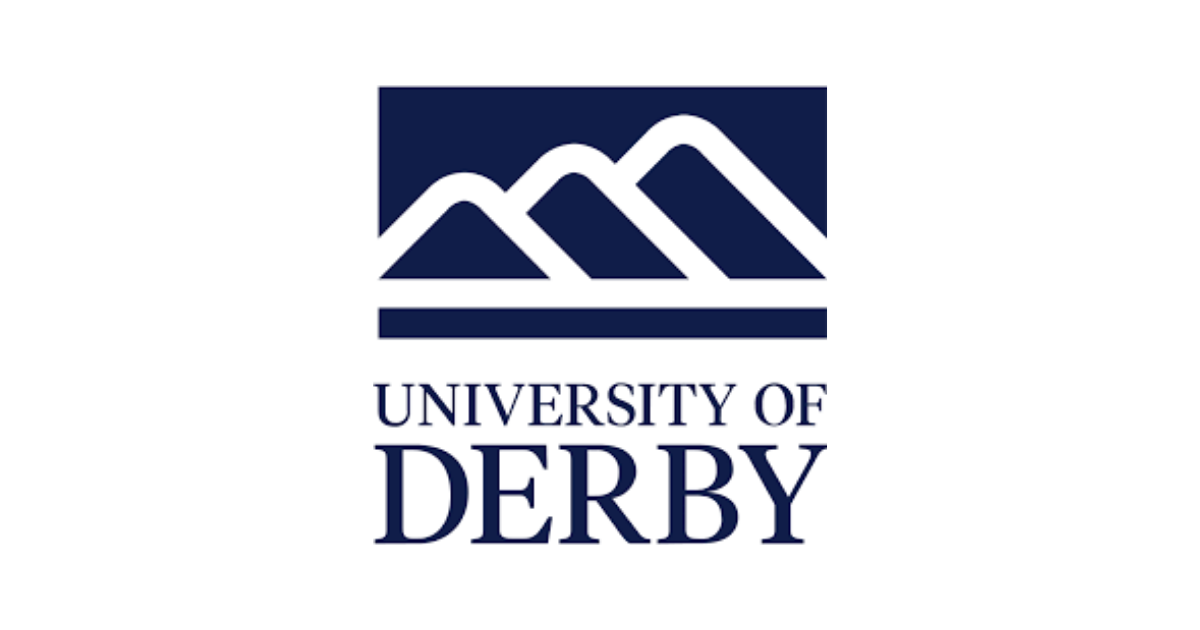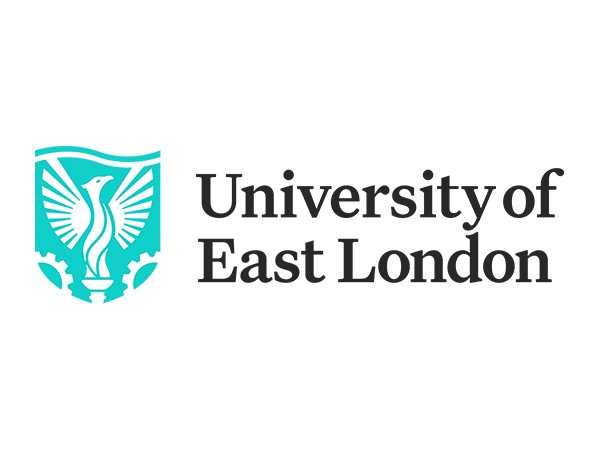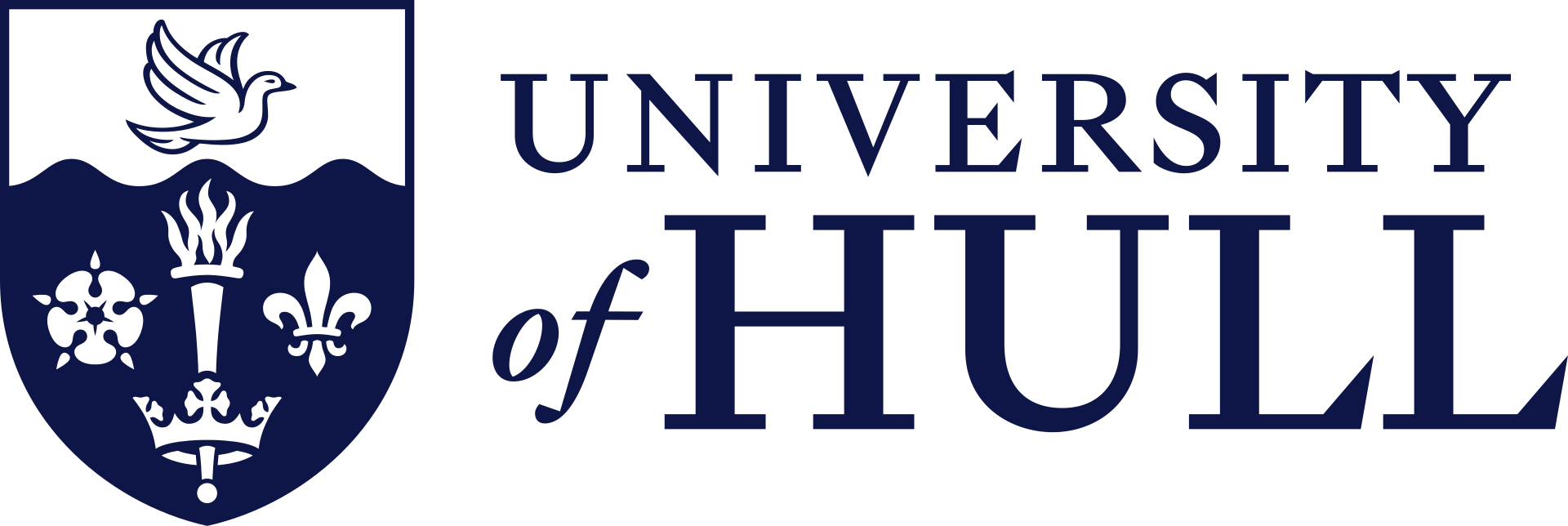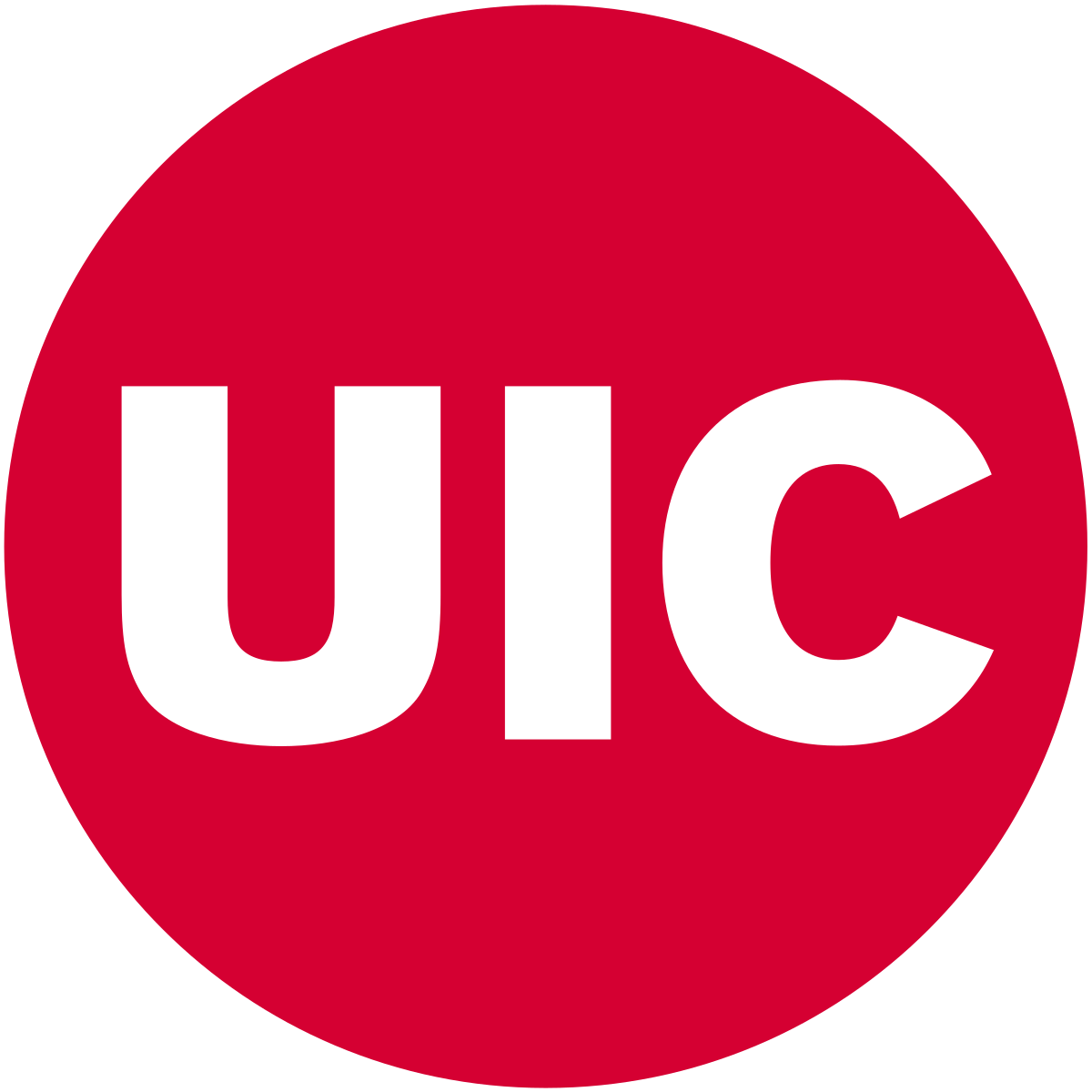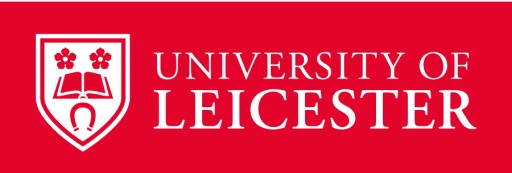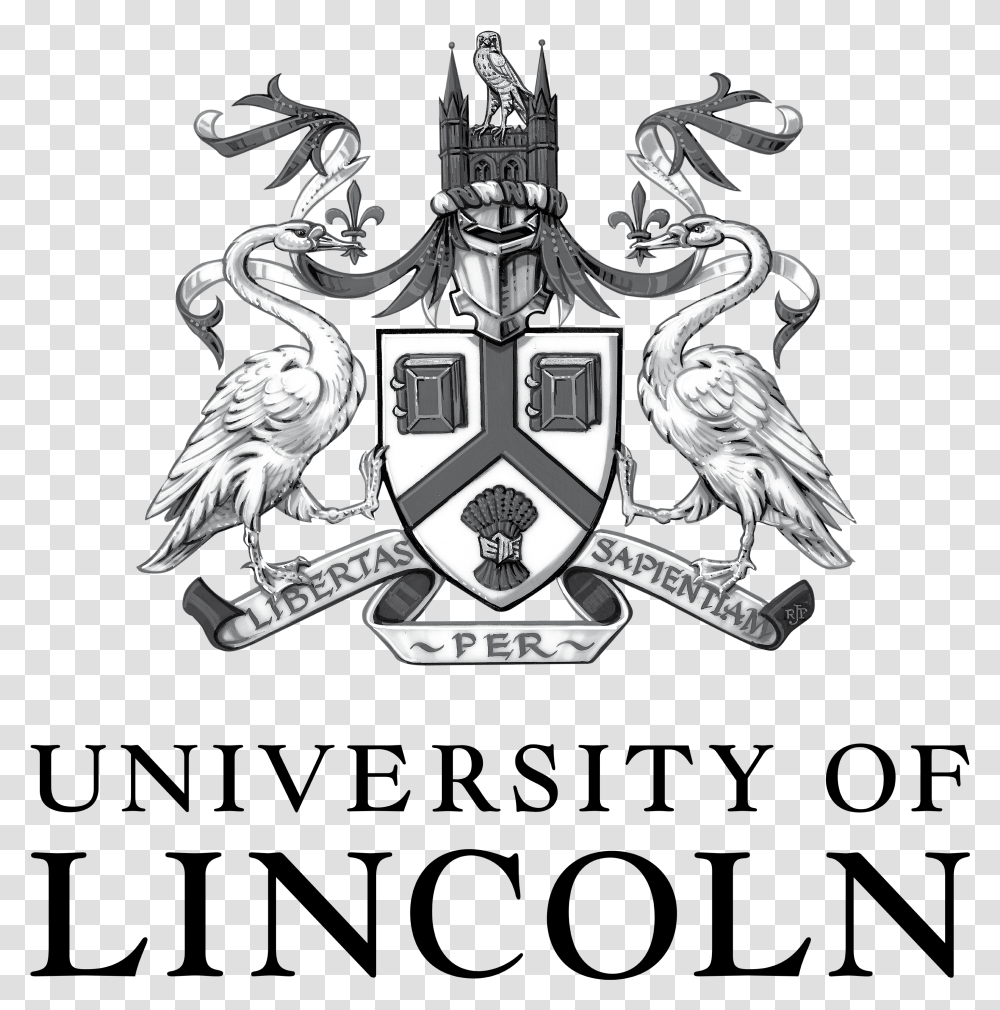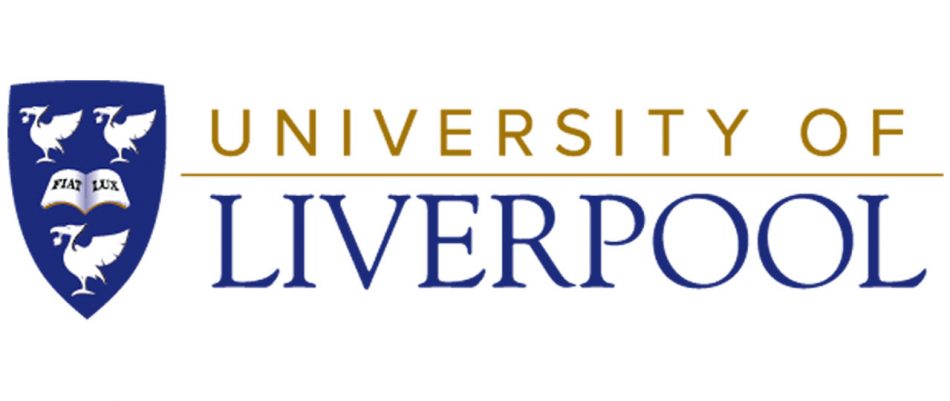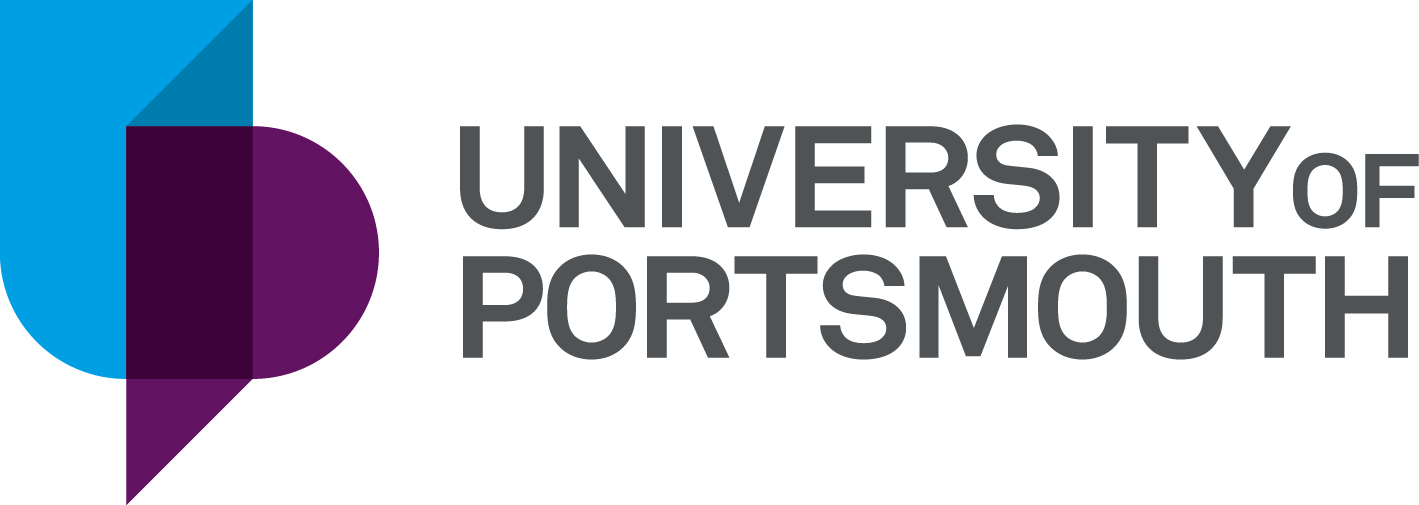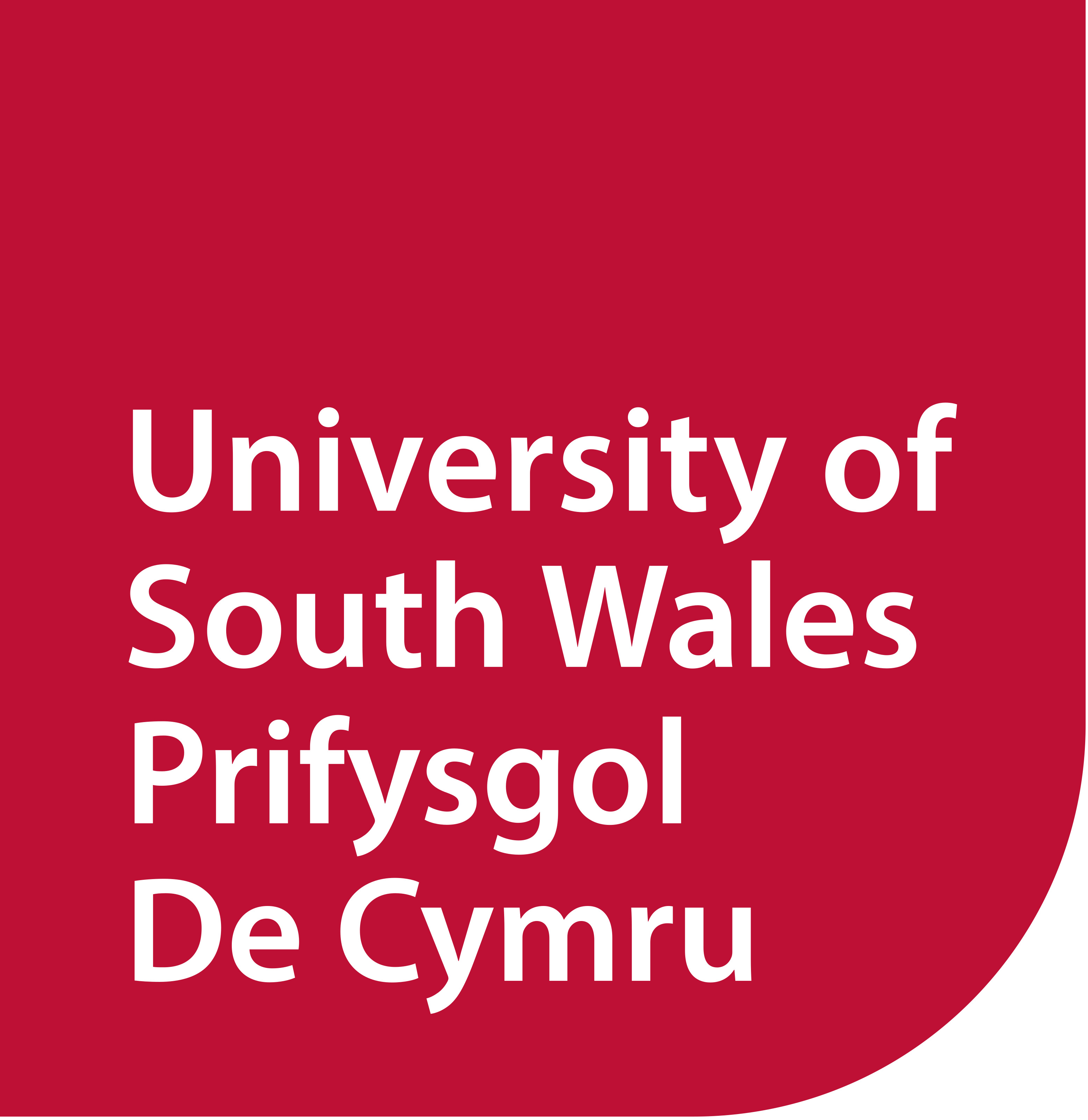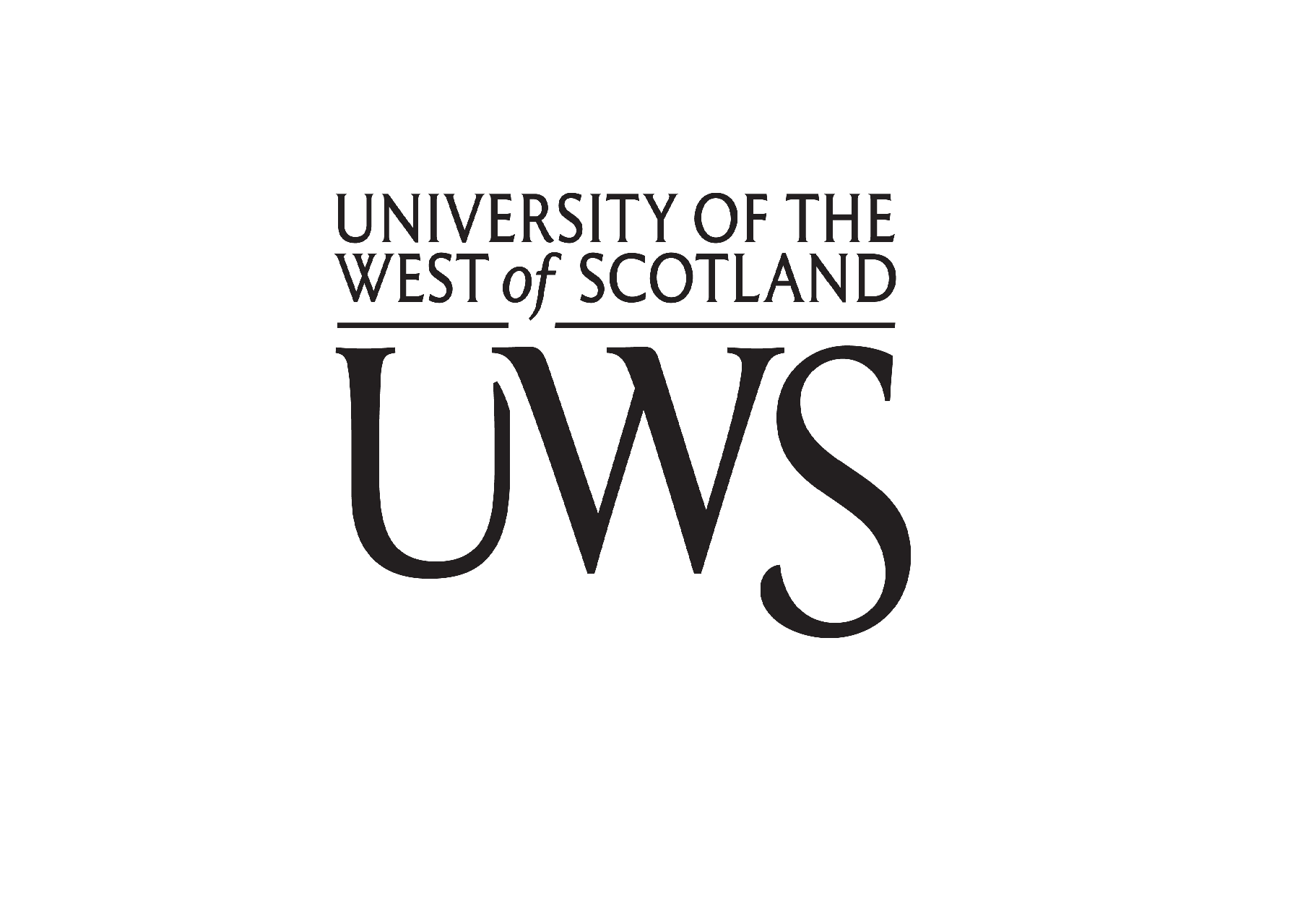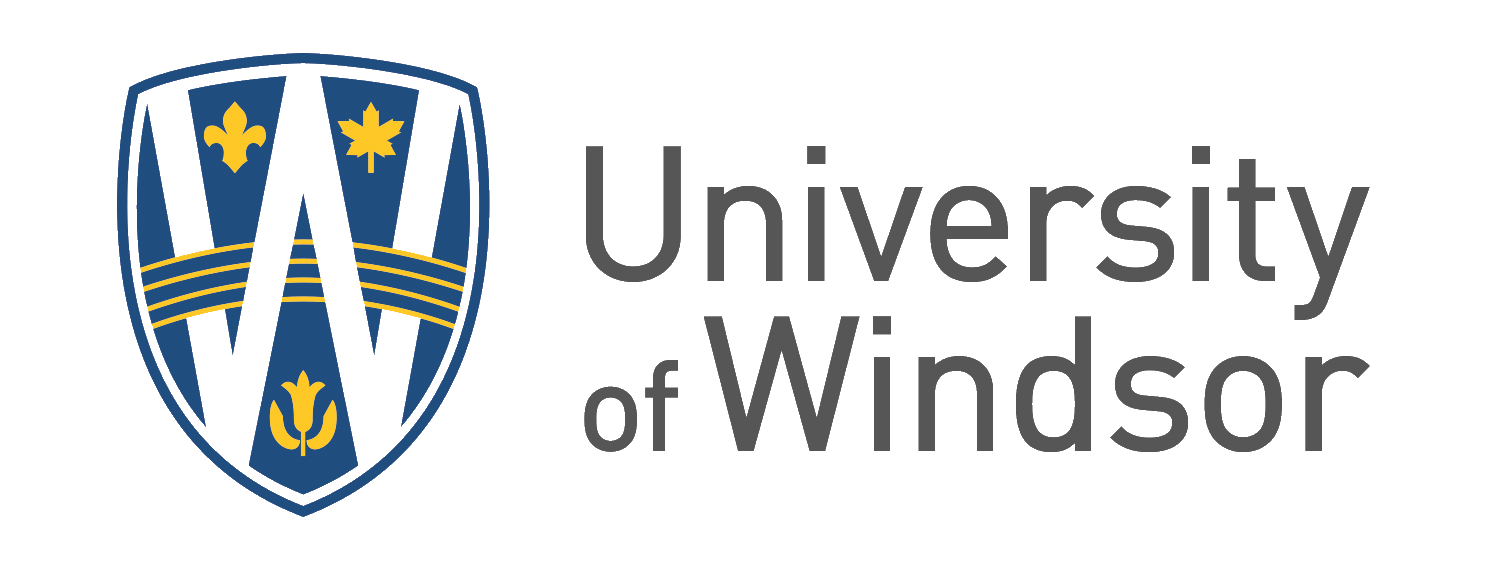Engineering Management: Bridging Engineering and Business Excellence
Are you an engineering graduate passionate about leading innovative projects and managing technical teams? Engineering Management is the perfect course for you. This multidisciplinary program combines the technical depth of engineering with the strategic insights of business management, preparing you to tackle real-world challenges in industries like manufacturing, technology, and energy. For Indian students dreaming of studying abroad, Engineering Management opens doors to global opportunities, advanced skills, and high-paying careers. Whether you're aiming to return to India's booming tech sector or build an international career, this degree equips you with the tools to excel.
Studying Engineering Management abroad offers exposure to cutting-edge technologies, diverse cultures, and world-class faculty. Countries like the USA, UK, Canada, and Australia are renowned for their top-ranked programs, fostering innovation and leadership. As an Indian student, you'll benefit from scholarships, networking events, and a global perspective that enhances your employability back home or overseas.
Why Choose Engineering Management?
Engineering Management is more than just a degree—it's a pathway to leadership roles in a rapidly evolving world. Traditional engineering focuses on design and problem-solving, but this program adds layers of project management, finance, and operations to help you oversee entire teams and initiatives.
- Interdisciplinary Approach: Learn to integrate engineering principles with business acumen, making you versatile for roles like project manager or operations director.
- Global Demand: With industries like IT, automotive, and renewable energy expanding, graduates are sought after worldwide. In India, companies such as Tata, Infosys, and Reliance value these skills.
- Practical Focus: Programs emphasize hands-on projects, internships, and case studies from real industries, ensuring you're job-ready upon graduation.
- Career Acceleration: Many alumni see salary jumps of 30-50% post-graduation, with average starting salaries abroad ranging from $70,000 to $100,000 annually.
For Indian students, this course aligns perfectly with the growing need for tech-savvy managers in India's startup ecosystem and multinational corporations. It also provides a strong foundation for pursuing an MBA later or starting your own venture.
Course Structure and Curriculum
Engineering Management programs typically span 1-2 years, depending on whether you opt for a Master's (MSc/MEng) or a postgraduate diploma. Full-time study is common, but part-time options exist for working professionals. The curriculum is designed to build both technical and managerial competencies, often including a thesis or capstone project.
Core modules usually cover:
- Engineering Fundamentals: Advanced topics in systems engineering, quality control, and sustainable design.
- Management Essentials: Project management (using tools like PMP or Agile), supply chain logistics, and financial analysis.
- Leadership and Innovation: Strategic planning, entrepreneurship, and innovation management.
- Electives: Options like data analytics, risk management, or industry-specific courses (e.g., biomedical engineering or aerospace).
Many programs incorporate industry placements or co-ops, lasting 3-6 months, where you gain practical experience. For instance, in the USA, programs at universities like Northeastern or Stevens Institute often include mandatory internships with companies like Boeing or General Electric.
| Component | Duration | Key Skills Gained |
|---|---|---|
| Core Engineering Modules | 6-9 months | Technical problem-solving, CAD software, simulation tools |
| Business Management Modules | 6-9 months | Budgeting, team leadership, market analysis |
| Internship/Capstone | 3-6 months | Real-world application, networking, portfolio building |
| Thesis or Project | 3 months | Research skills, innovation in engineering solutions |
This structured approach ensures a balanced education, with assessments through exams, group projects, and presentations. Indian students often appreciate the emphasis on quantitative skills, which align with strong STEM backgrounds from IITs or NITs.
Eligibility and Entry Requirements for Indian Students
To pursue Engineering Management abroad, you'll need a solid academic foundation. Most programs require:
- Bachelor's Degree: In engineering, technology, or a related field (e.g., BTech in Mechanical, Electrical, or Computer Engineering) with a minimum GPA of 3.0/4.0 (around 60-65% in Indian grading).
- English Proficiency: IELTS (6.5+ overall) or TOEFL (90+). Some universities accept Duolingo for flexibility.
- Work Experience: 1-2 years preferred for Master's programs, though fresh graduates can apply to certain entry-level courses.
- Standardized Tests: GRE (quantitative score 160+) for US programs; GMAT optional in some cases.
- Documents: Statement of Purpose (SOP), Letters of Recommendation (LORs from professors or employers), CV, and transcripts.
Visa requirements vary by country. For the USA, an F-1 student visa needs proof of funds and ties to India. In the UK, a Tier 4 visa requires a Confirmation of Acceptance for Studies (CAS). Indian students should start applications 6-12 months in advance, especially for fall intakes (September).
Top Destinations and Universities
Choosing the right country and university is crucial. Here's a snapshot of popular options for Indian students:
- USA: Hub for tech innovation. Top picks: MIT (Master of Engineering in Engineering Management), Stanford University, and Columbia University. Tuition: $40,000-$60,000/year. Post-study work visa: OPT up to 3 years for STEM fields.
- UK: Shorter programs (1 year). Highlights: University of Warwick, Imperial College London, and University of Manchester. Fees: £20,000-£30,000. Graduate Route visa: 2 years work post-study.
- Canada: Affordable and welcoming. Recommended: University of Toronto, McGill University, and University of Waterloo. Costs: CAD 25,000-40,000/year. PGWP: Up to 3 years work permit.
- Australia: Strong industry ties. Favorites: University of Melbourne, Monash University, and University of Sydney. Tuition: AUD 30,000-50,000. Temporary Graduate Visa: 2-4 years.
These destinations offer vibrant Indian student communities, with societies like the Indian Students Association providing support for festivals, career fairs, and cultural events.
Career Prospects and Opportunities
Graduates of Engineering Management are in high demand across sectors. In India, you could lead projects at firms like Larsen & Toubro or Mahindra, while abroad, opportunities abound in Silicon Valley or Europe's green tech hubs.
Key career paths include:
- Project Manager: Oversee engineering projects; average salary in India: ₹15-25 lakhs; abroad: $90,000+.
- Operations Manager: Optimize production and supply chains; India: ₹12-20 lakhs; global: $80,000+.
- Engineering Consultant: Advise on tech implementations; high growth in consulting firms like McKinsey or Deloitte.
- Product Manager: Bridge engineering and marketing; booming in India's app and software industries.
According to LinkedIn, 70% of graduates secure jobs within 6 months. For Indian students, the degree enhances H-1B visa chances in the US or skilled migration points in Australia/Canada. Long-term, it positions you for executive roles, with many alumni founding startups backed by global investors.
Scholarships and Financial Aid
Studying abroad can be expensive, but numerous scholarships ease the burden for Indian students. Total costs (tuition + living) range from $30,000-$70,000/year, but aid is available.
- University-Specific: MIT's fellowships or Warwick's India Scholarships (up to £10,000).
- Government Schemes: Fulbright-Nehru (USA), Chevening (UK), or Canada's Vanier Scholarships (CAD 50,000/year).
- Indian-Focused: JN Kennedy Memorial Fund, Inlaks Shivdasani Foundation (up to $100,000), or Great Lakes Scholarships for management programs.
- Part-Time Work: Allowed up to 20 hours/week in most countries; on-campus jobs pay $10-15/hour.
Apply early—deadlines often align with program applications. Tools like EducationUSA or British Council can guide you through the process.
Application Tips and Student Life Abroad
Start with researching programs via QS Rankings or university websites. Tailor your SOP to highlight your engineering projects and management aspirations. Network on LinkedIn with alumni for insights.
Life abroad as an Indian student is enriching yet challenging. Expect diverse campuses with yoga clubs, Diwali celebrations, and cricket leagues. Cities like Toronto or London offer affordable Indian groceries and communities. Focus on time management to balance studies and cultural adaptation—many find it transformative, building resilience and global networks.
In summary, Engineering Management is a strategic choice for Indian engineers seeking leadership. With the right preparation, it can propel you toward a fulfilling, high-impact career. Explore options today and take the first step toward your international journey!




